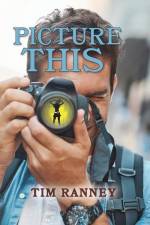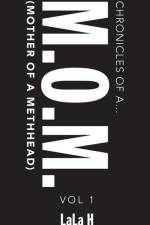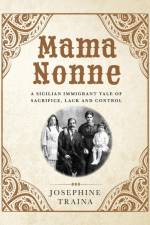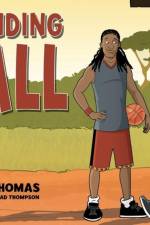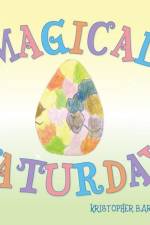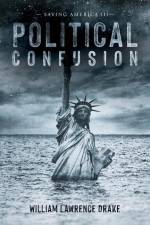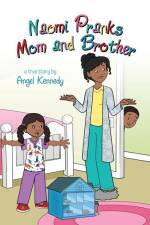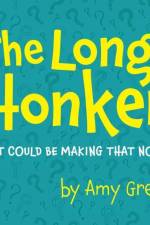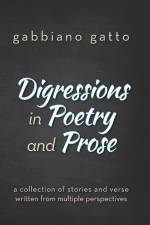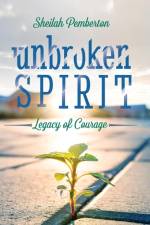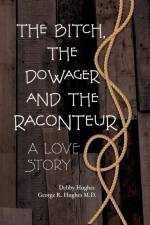av Orisade Awodola
279
An essential expression of Black psychology, African-centered thought unlocks a treasure trove of therapeutic healing.While Western mental health has made strides in understanding cultural trauma, it also separates Black communities from their heritage by glossing over generational wounds that began with the Atlantic Slave Trade. Although some have attempted to decolonialize our therapeutic frameworks, a great need exists for holistic models that speak directly into Black generational trauma.Orisade Awodola, peer-reviewed academic author of Root Psychology: A Diverse Assessment and founder of the root psychology branch of therapeutic studies, brings this important work to fill that need. Africa Centered Ancestral Healing emphasizes not only the therapy practices that best address generational trauma for descendants of the African diaspora, but also distinctly non-Western, African-centric sources of knowledge. Rather than simply repurposing indigenous practices within existing Western therapy structures, Awodola teaches therapists to use intergenerational thinking, applying ancestral ways of interacting with self, environment, and lineage to make sense of the present.Readers will learn: The mental disorders that have developed via colonial erasure of African roots.How African-centered thought can expand, develop, and improve psychology by opening new pathways for clients to process trauma.The concept of African primordial energy as a cosmic, natural force behind existence, which leads to holistic healing of mental, physical, and spiritual pain.The application of African primordial energy toward understanding a person's place in the systems and structures of society, including individual purpose and connection to lineage.Orisade's previous work has enhanced psychology education and practice across multiple continents. Now, this ground-breaking book paints a clear picture of how human-inflicted atrocities have caused generational pain. With a clear imperative to advance the conversation, and a heartening vision for a way forward, this work is a missing link in trauma therapy discussions, and an essential read for current or aspiring members of the psychology community.

